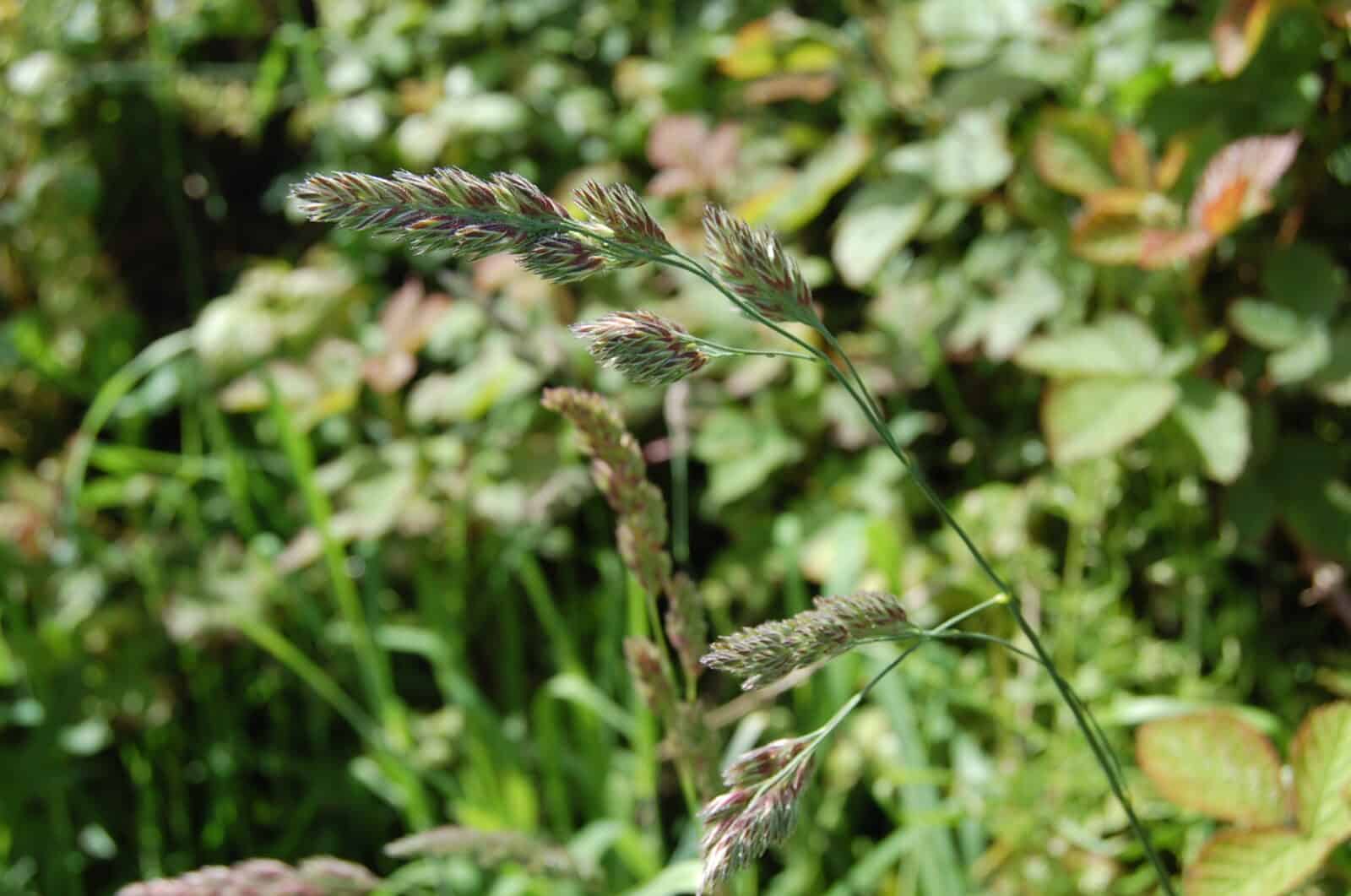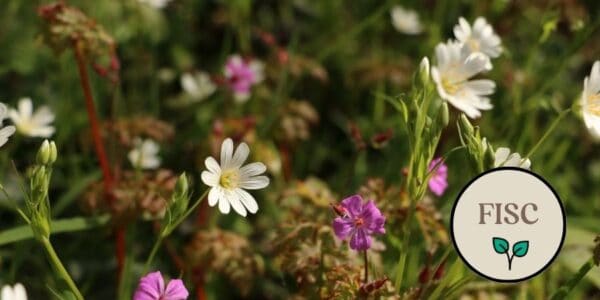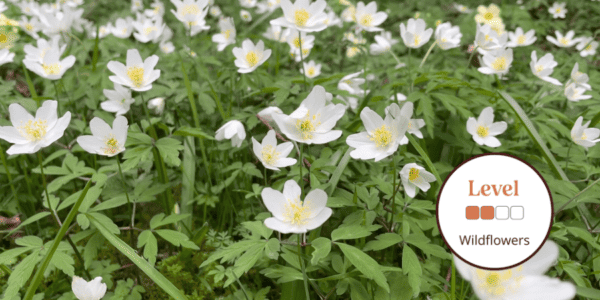Dive into the fascinating world of grasses, sedges, and rushes, and gain a deep understanding of their structures, unique features, and the terminology that defines them.
Learners will also explore some of the commonly found UK species and their main identification features. This three-week course is designed for beginners who have little to no experience and aims to form the foundation of basic identification skills of the UK’s grasses, sedges and rushes.
What will be covered during this course?
- UK Rushes
- UK Grasses
- UK Sedges
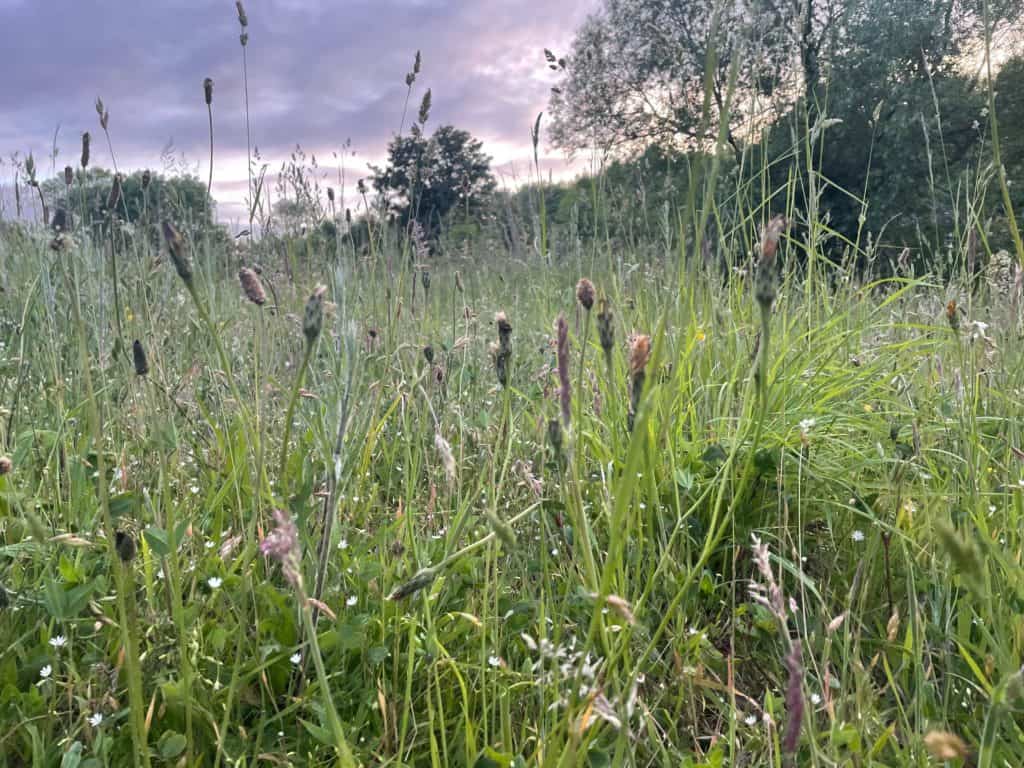
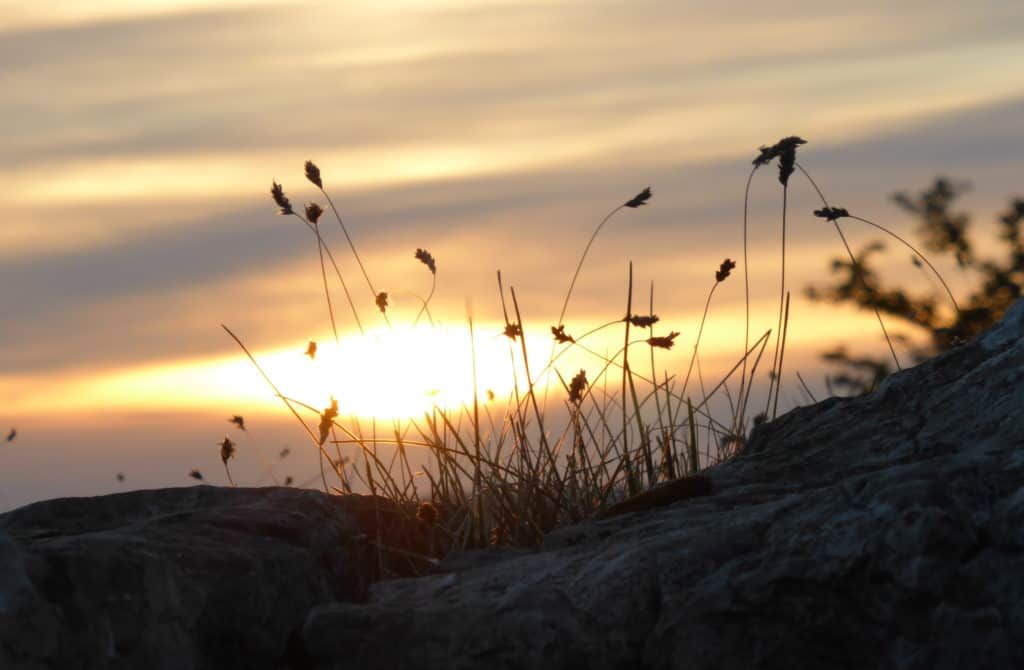
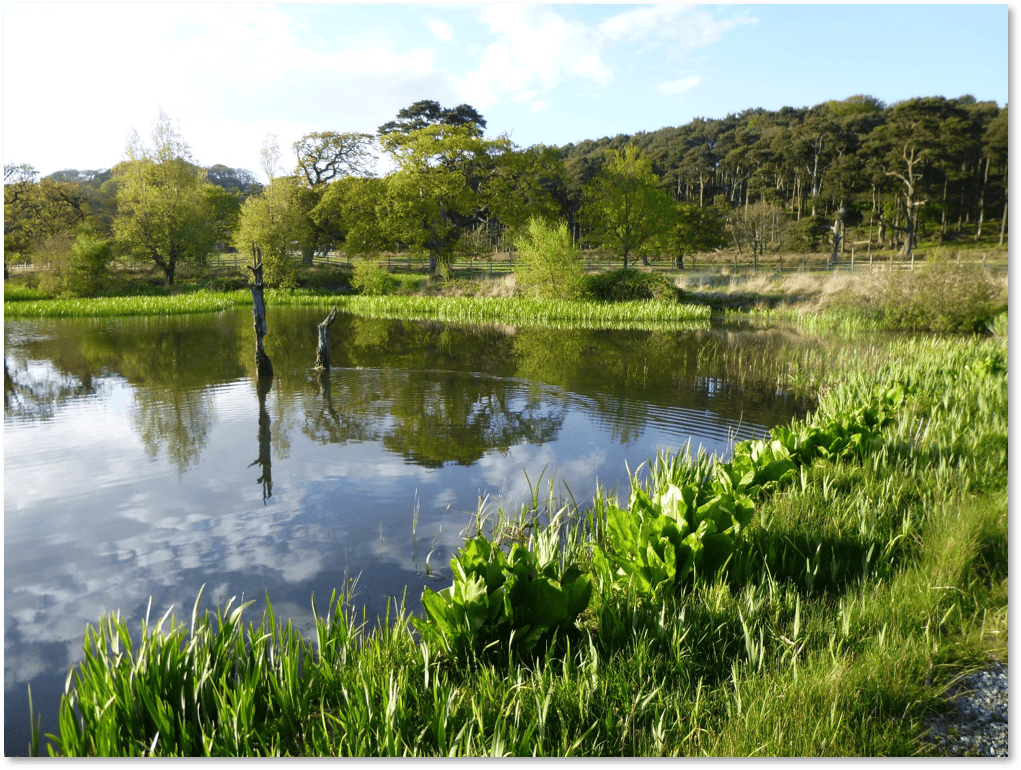
Read More
Despite 40% of the world surface being covered with grassland and marshland, the range and diversity of the UK’s grass, sedge and rush species is often overlooked. Being able to identify species of grasses, sedges and rushes is an integral skill for both agricultural and botanical surveyors, however it is equally valuable for anyone keen on understanding and connecting with their environment.
This course uses a blend of self-study content and live webinars to form the foundation skills required to begin identifying some of the 260+ species of UK grass, sedge and rush species.
This is a 3-week online course covering 3 topics, for which you will complete a variety of self-led online resources and activities. Each topic is then concluded with an interactive Zoom workshop or assignment to complement the online content. Time commitment is approximately 2-3 hours a week and an E-certificate is provided upon completion.
By the end of the course, you will be able to:
- Use botanical terminology to identify key parts of a plant and flower with a focus on grass, sedge, and rush characteristics.
- Distinguish between grasses, sedges and rushes.
- Recognise a range of common and more easily differentiated grass, sedge, and rush species and where to find them.
Who Should Attend? – e.g., Nature enthusiasts, students, rangers, early career ecologists.
Knowledge Level – Beginner. Level descriptors can be found on the following webpage: Framework and Course Level Descriptors
Prior Knowledge – No existing knowledge or experience is needed for this course, just a willingness to contribute and learn. Some existing knowledge of botany would be useful, but not essential.
Please note – bookings will close 2 working days before the course start date to allow for all participants to be enrolled to the online platform – bookings will not be taken after this time.*
*Bookings will close sooner if course capacity is reached
Understand how our online courses are delivered.
Live Webinar Information
There are 3 webinars for this course, taking place at the end of each week. Please see the date listing below for the day and time.
Please note – webinars will be recorded and uploaded to the virtual learning platform for learners unable to attend.
About the Tutor
Judith Allinson
Judith Allinson is a former member of Field Studies Council staff and co-author of the AIDGAP Key to the Vegetative Stages of Grasses. She spent several years carrying out botanical surveys for English Nature. She has run the Grass Identification in Spring course at Juniper Hall for a number of years and has also taught grass identification courses at other Field Studies Council Centres.
Example Timetable
Week 1: Rushes
Self-study material available from the start date.
Week 1 Live Webinar at the end of week 1
Week 2: Grasses
Self-study material available after week 1 webinar
Week 2 Live Webinar: at the end of week 2
Week 3: Sedges
Self-study material available after week 2 webinar
Week 3 Live webinar at the end of week 3
The final deadline to complete any outstanding assignments and self-study components 2 weeks after the final webinar .
Time commitment: This course will require approximately 2-3 hours of your time each week. This includes covering course materials on our Moodle learning platform and the Zoom session.
What's Included
The course has been carefully created to help you continue to build and develop your knowledge as the course progresses. With content crafted to the online Moodle Platform and bespoke to the Field Studies Council.
The course includes:
- 45-minute interactive weekly Zoom workshops to connect with the tutor and other participants
- Expert tuition for which the Field Studies Council is renowned
- Activities to work on independently in advance of each Zoom workshop
- Tailored course completion certificate
Once registered, you will follow well-illustrated, user-friendly ’books’ to pick up knowledge. Quizzes and skill checks will give you instant feedback on your learning. Forums give students the chance to interact with each other as well as a place to share work.
Bursaries and Subsidies
Student Discount
This course is eligible for a student discount. If you are a current student, please use discount code BioStudent20 at checkout for 20% off all Biodiversity courses.
Natural History Bursaries
There are a number of natural history bursaries available to help with the cost of your course. To find out if you and your chosen course are eligible, read more here.
Before You Attend
Accessing your course
- Once you sign up you’ll receive an email at least 24 hours in advance of the course opening with details of how to access our easy-to-use platform, Moodle.
- Moodle can be accessed through a browser or an app.
- Webinars are via Zoom so you won’t need any new software to attend
Recommended Devices
It is recommended that you access your course through a PC or laptop. Please be aware that there will be reduced functionality if you decide to access the course through a tablet or smartphone. The Field Studies Council is unable to email content directly to you.
Opportunities to attend this course
-
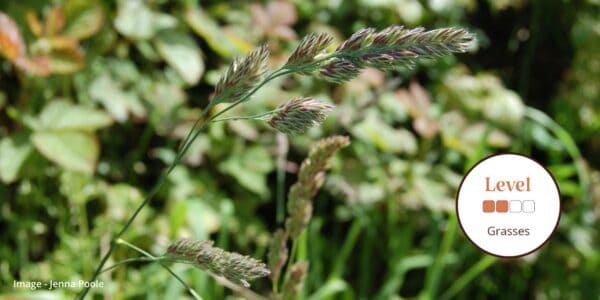
Mon 10, June 2024 - Mon 15, July 2024
The webinars will take place on Mondays 7.00 pm - 7.45 pm on the following dates:
- Week 1: 17th June 2024
- Week 2: 24th June 2024
- Week 3: 1st July 2024
No current dates for this course? Click here to view all the upcoming Natural History courses.
Progress Your Learning
This is a training course from the Field Studies Council, delivered by expert tutors with an approachable learning style. After attending this course, you may like to progress your learning with further relevant courses or branch out into other areas of natural history. The Field Studies Council offers both online and in-person courses, so you can choose the learning style that suits you best.
The course gives you the opportunity to immerse yourself in a new subject and acquire novel skills. Our online portal gives you time to study at your own pace and fit the lessons around your own schedule.
If you have any questions about our online courses please check our Frequently Asked Questions or email [email protected].
Group Bookings Made Easy
If you have a group of 10 or more individuals wanting to complete one of our courses, our team are available to discuss your options – from discounts to private team courses. Find out more!
You can rest assured that the absolute best content from an expert in environmental education will be at your fingertips. In choosing a Field Studies Council course, you will be joining thousands of people who learn with us each year.

